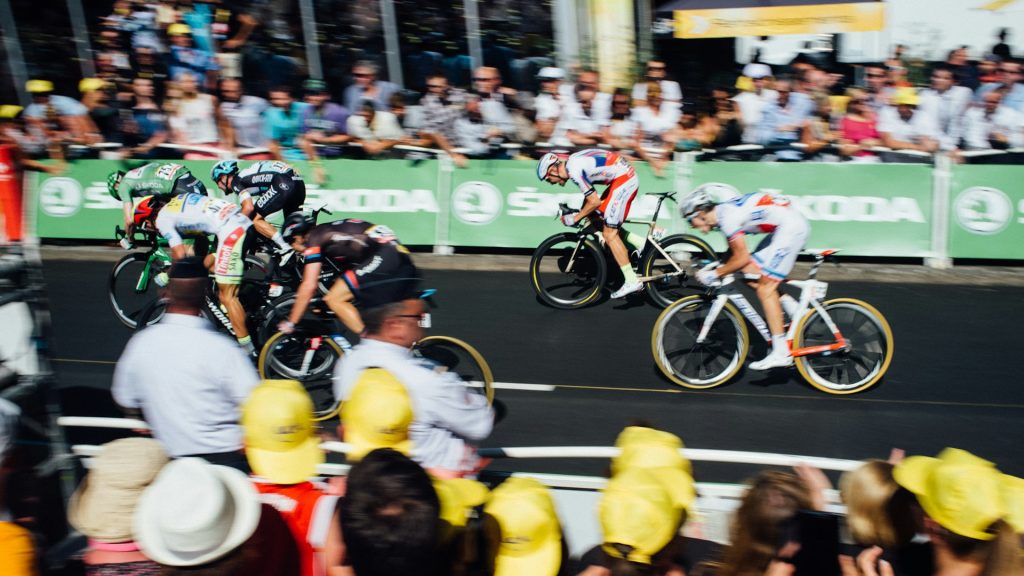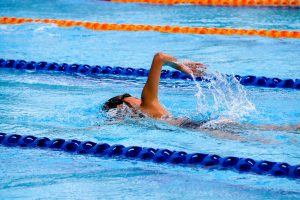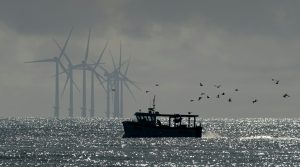A Radical Tour de France Idea: Thierry Gouvenou Considers a Route Without the Alps or Pyrenees

Mapping the Grand Tour
Since 2014, Thierry Gouvenou, a former professional cyclist from Vire, has been responsible for designing the Tour de France route—a job that places him at the heart of one of the world’s most watched sporting events. This year, as the Tour arrives in his native Calvados on July 9, Gouvenou opened up about his creative process and even shared a surprising thought: what if the Tour took place without its iconic climbs through the Alps or Pyrenees?
An Expert on France’s Backroads
Gouvenou knows France better than most. He can name every twist and turn of the Vendée’s rural roads, every boulevard in Pau, and every hairpin in Alpe d’Huez. He jokes that perhaps only the remote stretches of the Ardennes in northern Alsace are unfamiliar territory. “France is the greatest stadium in the world, and I have the privilege of drawing a route that aims to inspire people,” Gouvenou says, his tone humble but passionate.
Designing the Tour
As the Tour’s official course designer for over a decade, Gouvenou shapes not just the race’s physical journey, but also its competitive spirit. The routes he selects thrill thousands of fans each year and sometimes frustrate others who must wait for their region’s turn to host. Ultimately, his decisions set the tone and philosophy of the event, with the impact of his work seen by viewers in 190 countries every July.
A Modern Approach to Route Planning
At 56, Gouvenou relies not just on traditional maps, but also digital tools like Strava and Google Earth. As the race director for Amaury Sport Organisation (ASO), he manages a team that ensures the Tour’s safety and smooth operation. Yet, it’s his scouting trips across France every September—searching for new and exciting stage locations—that he calls the “cherry on top” of his job.
According to Tour director Christian Prudhomme, “I usually pick the start and finish cities, and Thierry handles everything in between. He always brings my ideas to life, often making them even better.”
Tour de France 2025: Spotlight on Stage Five
Following Tadej Pogacar’s milestone 100th career victory in Rouen, the 2025 Tour de France heats up with its first individual time trial around Caen in Calvados. This 33-kilometre stage features mostly flat terrain, with a slightly hilly start, favoring powerful riders capable of maintaining a high pace for close to forty minutes. For the first time in this year’s race, general classification contenders will go head-to-head, with climbers likely to lose ground on this type of course.
Key Contenders and Predictions
Olympic time trial champion Remco Evenepoel is the clear favorite, especially after top rival Filippo Ganna crashed out on stage one. If Evenepoel doesn’t take the win, it would be a major upset. But keep an eye on Jonas Vingegaard: the two-time Tour winner could surprise, despite the course not naturally playing to his strengths. Vingegaard has hinted at building more muscle in the off-season, potentially to counter Pogacar’s explosive attacks or to gain an edge in the time trials this year.
Stage Five Schedule
The first rider will leave Caen at 1:05 p.m., with the finish expected around 1:42 p.m. The final competitor starts at 5:00 p.m., finishing near 5:37 p.m. US viewers can catch the stage on France 3 starting at 1:00 p.m. or switch to France 2 from 3:00 p.m. Full coverage is available on Eurosport.
A Historic Host City
Caen marks its thirty-sixth time hosting the Tour this Wednesday. As the capital of Calvados, the city is celebrating its 1000th anniversary in 2025. Caen is famed for its historic landmarks, including the Men’s Abbey, the Women’s Abbey, the ducal castle built by William the Conqueror, and Notre-Dame-de-la-Gloriette Church. The city’s museum of 20th-century history and peace is also a highlight. And for those attending in person, the local cuisine is not to be missed—Caen is renowned for its tripes.






